The recent vote offers lessons for Accra and other middle-aged democracies.
The Middle East Program in Washington combines in-depth regional knowledge with incisive comparative analysis to provide deeply informed recommendations. With expertise in the Gulf, North Africa, Iran, and Israel/Palestine, we examine crosscutting themes of political, economic, and social change in both English and Arabic.
Program experts
Rafiah Al Talei
Editor-in-Chief, Sada, Middle East Program
Nermin Allam
Nonresident Fellow, Middle East Program
Nathan J. Brown
Nonresident Senior Fellow, Middle East Program
Yasmine Farouk
Nonresident Scholar, Middle East Program
Amr Hamzawy
Director, Middle East Program
Zaha Hassan
Fellow, Middle East Program
Marwan Muasher
Vice President for Studies
Karim Sadjadpour
Senior Fellow, Middle East Program
Frederic Wehrey
Senior Fellow, Middle East Program
Katherine Wilkens
Nonresident Fellow, Middle East Program
Sarah Yerkes
Senior Fellow, Middle East Program
MENA Transitions
MENA Transitions is a monthly newsletter with the latest analysis from the Carnegie Middle East Program and the Malcolm H. Kerr Carnegie Middle East Center.
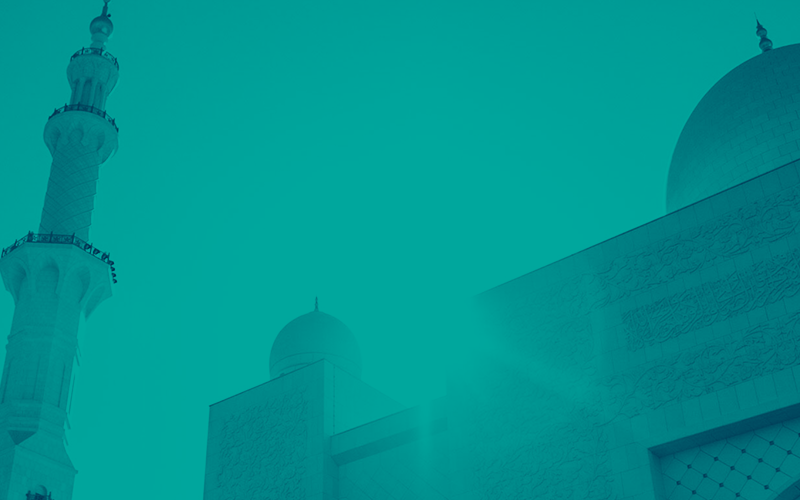
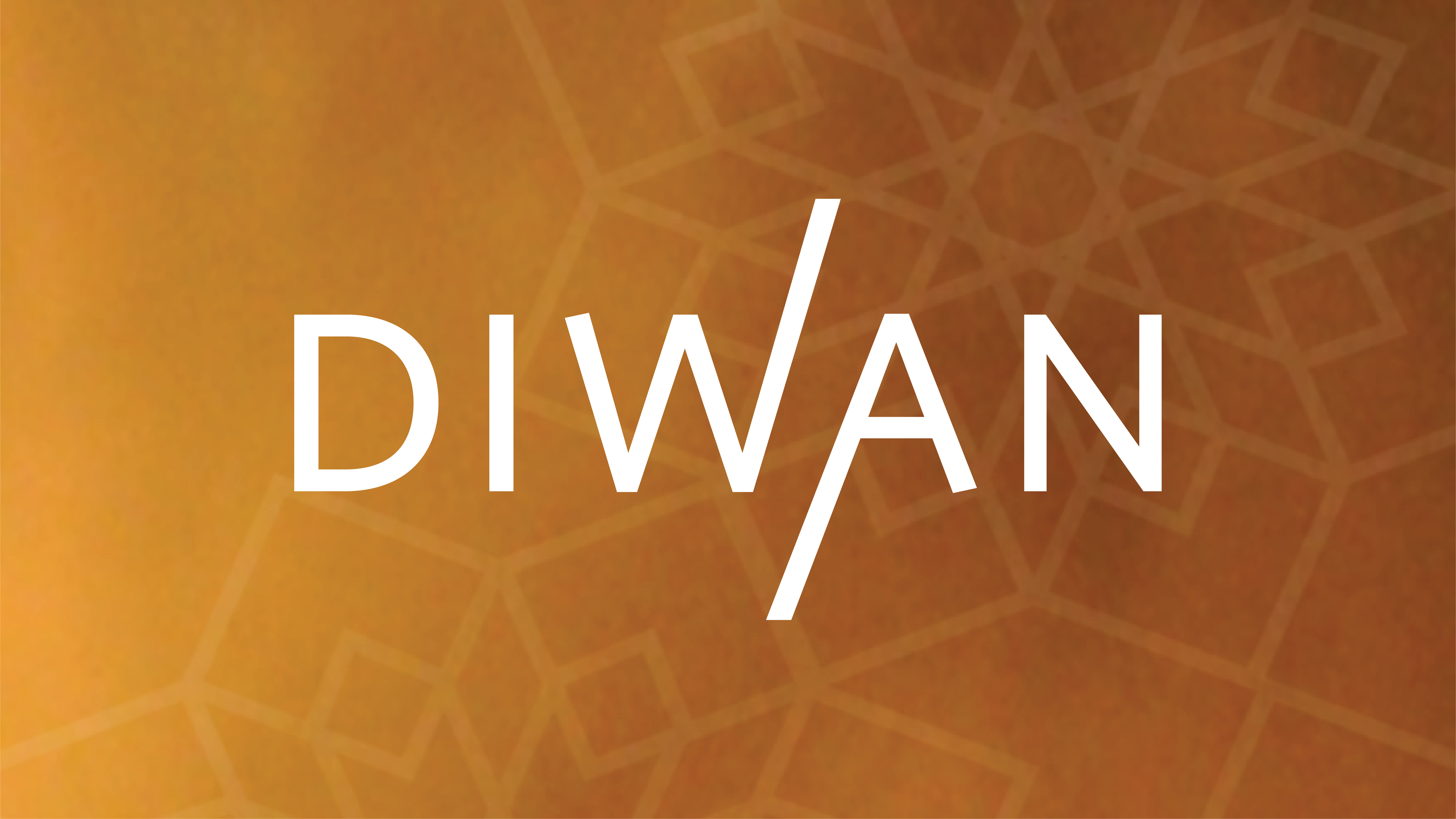
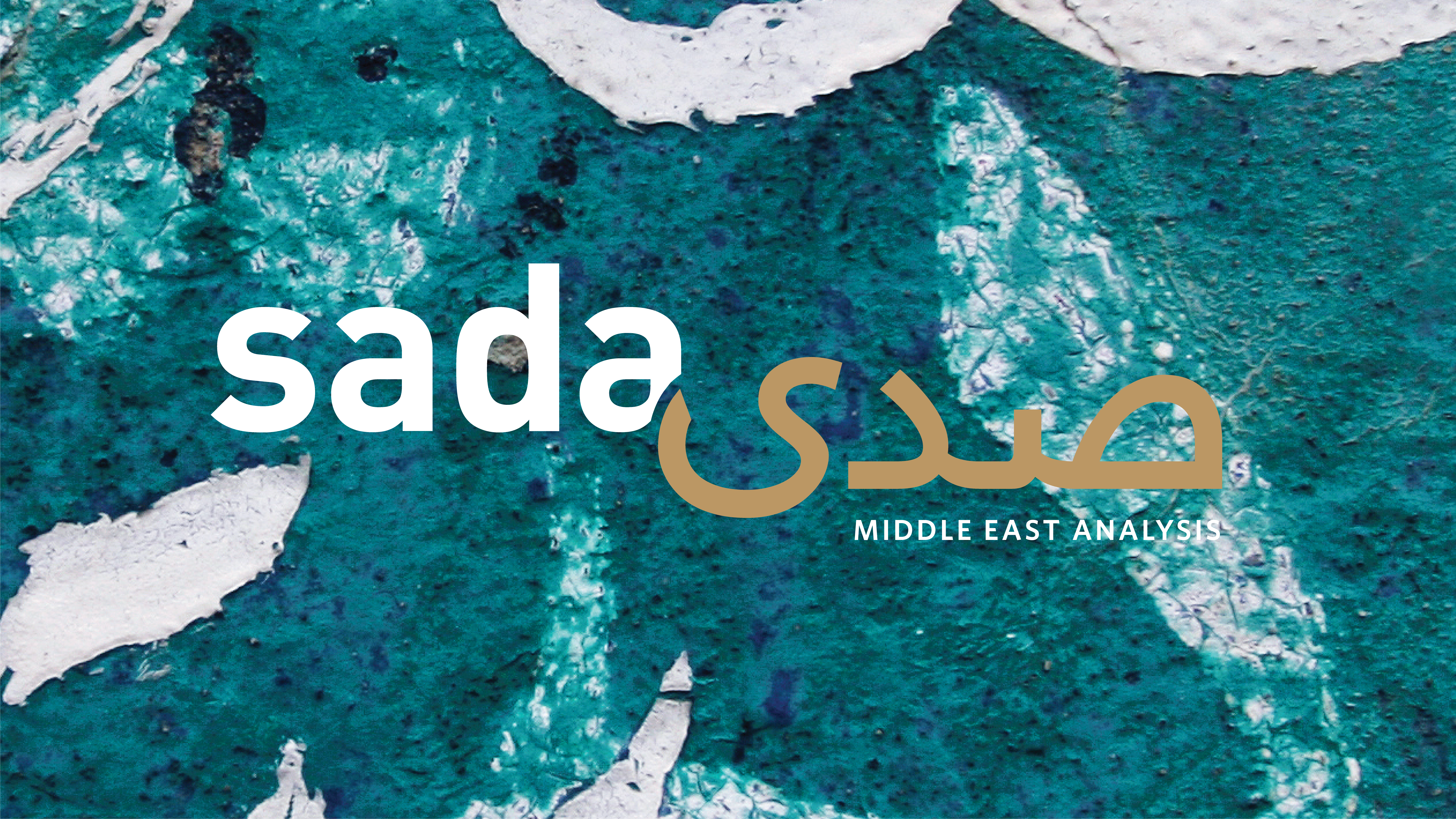
Diwan
Diwan, a blog from the Carnegie Endowment for International Peace’s Middle East Program and the Malcolm H. Kerr Carnegie Middle East Center, provides insight into and analysis of the region. Drawing on the expertise of a team of Carnegie scholars—both in the Middle East and in Washington—this blog will offer reactions to breaking news, interviews with personalities and political figures, and updates on Carnegie research projects.
Sada
Sada is an online journal rooted in Carnegie’s Middle East Program that seeks to foster and enrich debate about key political, economic, and social issues in the Arab world and provides a venue for new and established voices to deliver reflective analysis on these issues.
Arabic Multimedia
Carnegie’s YouTube in Arabic
This channel hosts Carnegie original content in Arabic, including podcasts, documentaries, and more.
Focus
Key Areas of Research
Focus
Key Areas of Research
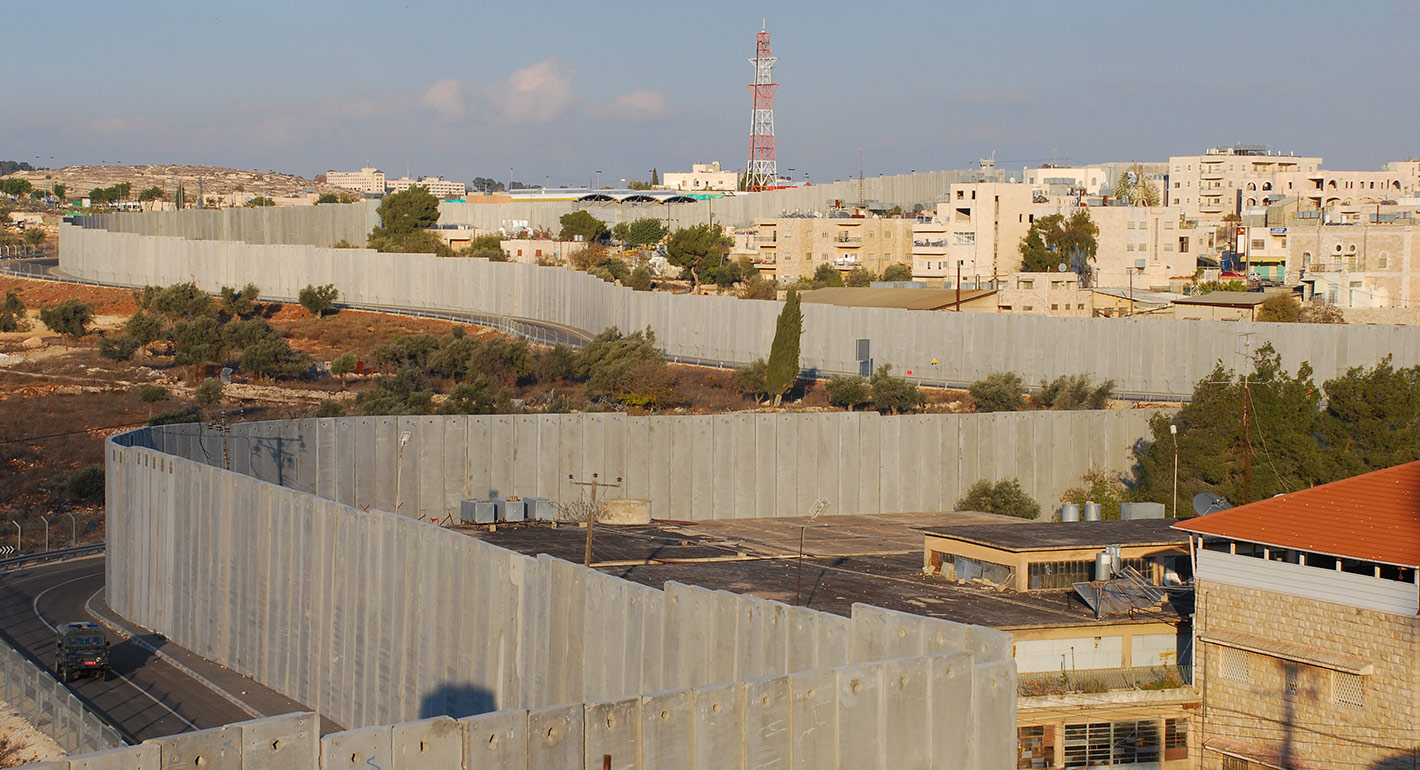

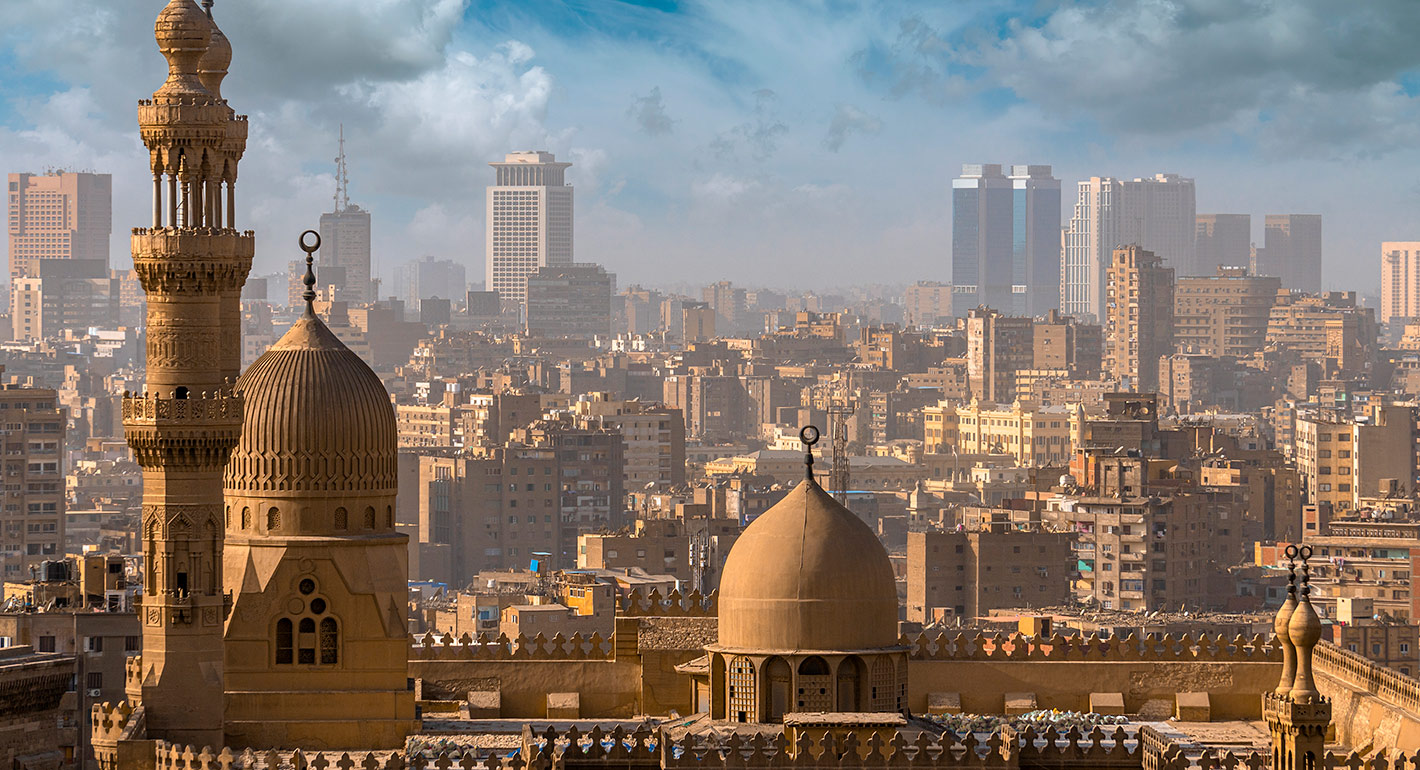

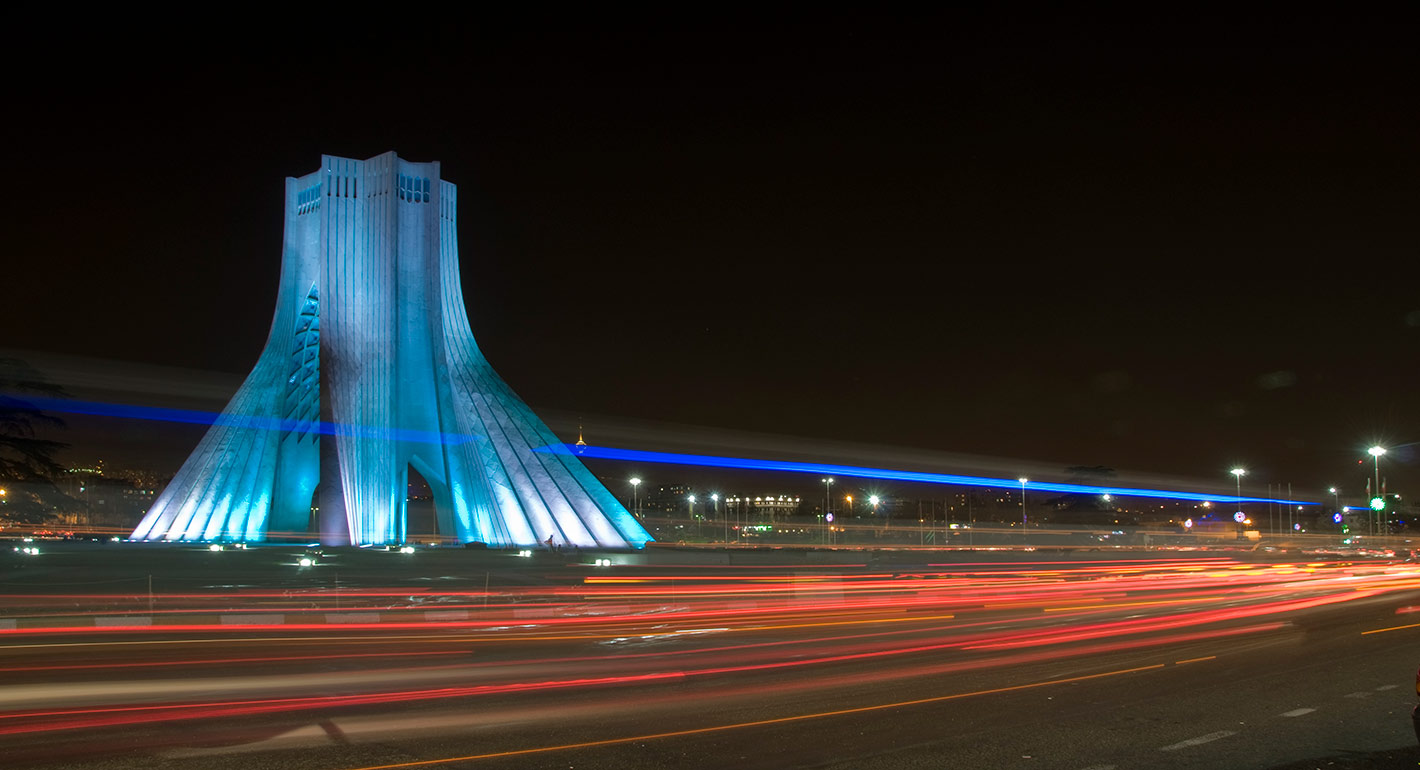

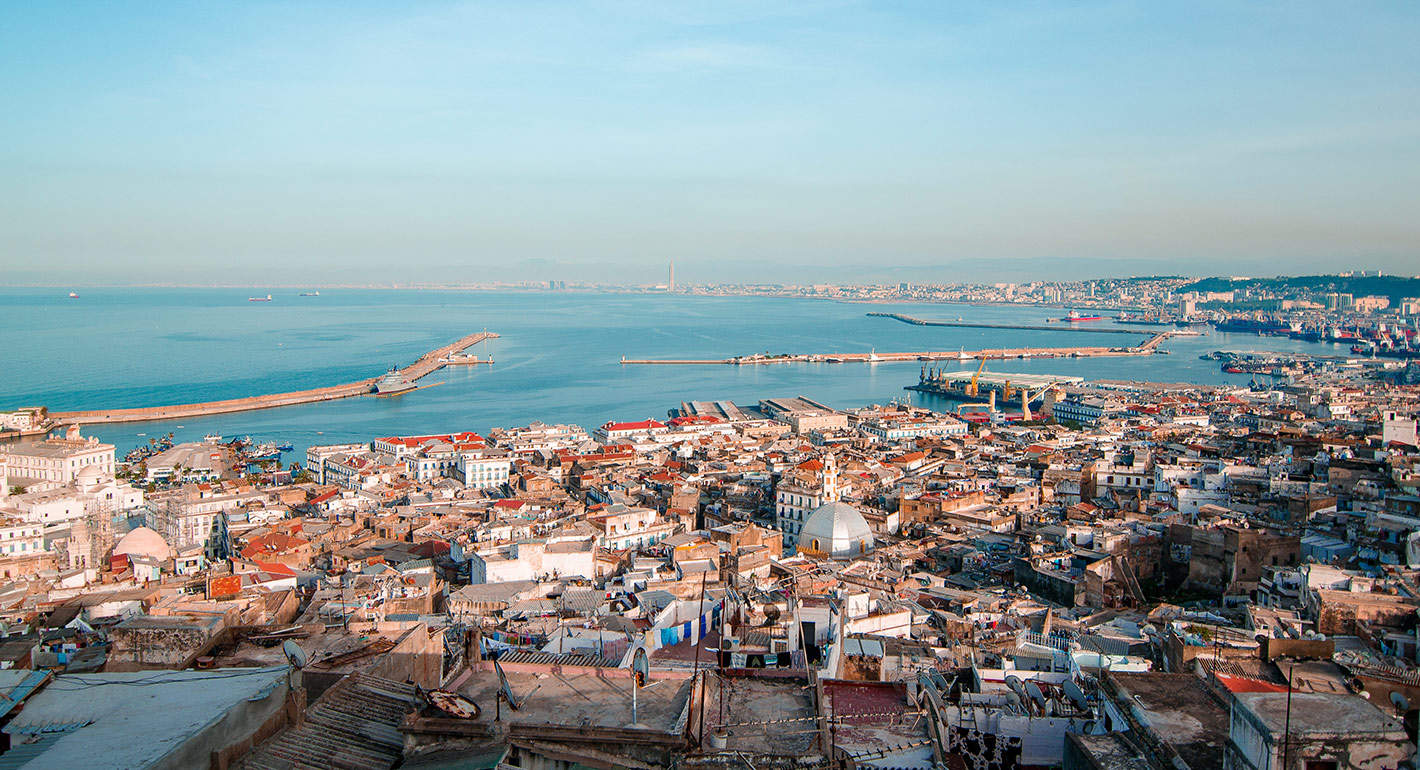

Palestine/Israel
Tracking political, diplomatic, and economic changes in Palestine and Israel, we carry out on-the-ground research, publish groundbreaking research, and host frequent discussions on related topics.
Palestine/Israel
Tracking political, diplomatic, and economic changes in Palestine and Israel, we carry out on-the-ground research, publish groundbreaking research, and host frequent discussions on related topics.
Egypt
Our program has carried out innovative research on Egypt’s political, economic, security, and social trajectory throughout years of turmoil and reverses. Current research focuses on tracking constitutional, legal, and political changes; human rights and civil society issues; and activities of the large and growing community of political exiles abroad.
Egypt
Our program has carried out innovative research on Egypt’s political, economic, security, and social trajectory throughout years of turmoil and reverses. Current research focuses on tracking constitutional, legal, and political changes; human rights and civil society issues; and activities of the large and growing community of political exiles abroad.
Iran
We provide current and long-range analysis of political, leadership, military, and economic trends in Iran and the country’s role in the region.
Iran
We provide current and long-range analysis of political, leadership, military, and economic trends in Iran and the country’s role in the region.
North Africa
We have unusual depth of expertise in North Africa, with renowned experts on Algeria, Egypt, Libya, Mauritania, Morocco, and Tunisia. Current research focuses on the causes and likely results of ongoing protests as well as the implications of marginalized citizens and regions in each country.
North Africa
We have unusual depth of expertise in North Africa, with renowned experts on Algeria, Egypt, Libya, Mauritania, Morocco, and Tunisia. Current research focuses on the causes and likely results of ongoing protests as well as the implications of marginalized citizens and regions in each country.
Completed Projects
Completed Projects
All work from Middle East
filters
Join experts from Carnegie’s Middle East, Asia, Nuclear, and Russia programs for a panel discussion that will shed light on the complex dynamics of great power security competition and address their implications for peace and stability in the Gulf, the Levant, the Red Sea, North Africa, and the Horn of Africa.
- +2
- Andrew S. Weiss,
- Amr Hamzawy,
- Isaac Kardon,
- Nicole Grajewski,
- Abdulaziz Sager
A conversation about the fallout following the collapse of the Assad regime in Syria, what’s next for the power balance in the Middle East, the role of the United States going forward, and more.
Discussing Iranian and Israeli engagement with Syria in an era free of Assad.
A discussion on Syria's challenges ahead after the fall of Bashar al-Assad.
Riyadh is at a crossroads, grappling with domestic pressures, regional ambitions, and global geopolitical trends.
- Rabab khan
The country will need timely, concerted, and inclusive governance plans to meet the challenges posed by climate change.
- Joy Arkeh,
- Selma Khalil
Join the Carnegie Endowment’s Middle East program for a panel discussion moderated by Ishaan Tharoor, a Washington Post global affairs columnist, featuring editors of the new volume and legal scholars examining the book’s major findings and wider implications for speech and protest on college campuses and beyond.

- +5
- Zaha Hassan,
- H.A. Hellyer,
- Marwan Muasher,
- Maya Berry,
- Mona Shtaya,
- Frederick Lawrence,
- Ishaan Tharoor,
- Kenneth Stern
The agency of MENA states and nonstate actors and their multilayered interactions with the United States, China, Russia, and the EU have helped shape the complex outcomes of the great power competition.
What foreign policy moves President Biden may make in his lame duck period.
- +2
- Andrew S. Weiss,
- Amr Hamzawy,
- Isaac Kardon,
- Nicole Grajewski,
- Abdulaziz Sager
- Rabab khan
- Joy Arkeh,
- Selma Khalil

- +5
- Zaha Hassan,
- H.A. Hellyer,
- Marwan Muasher,
- Maya Berry,
- Mona Shtaya,
- Frederick Lawrence,
- Ishaan Tharoor,
- Kenneth Stern





